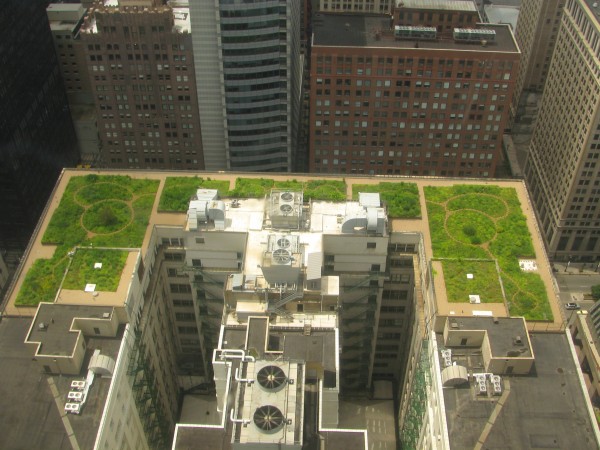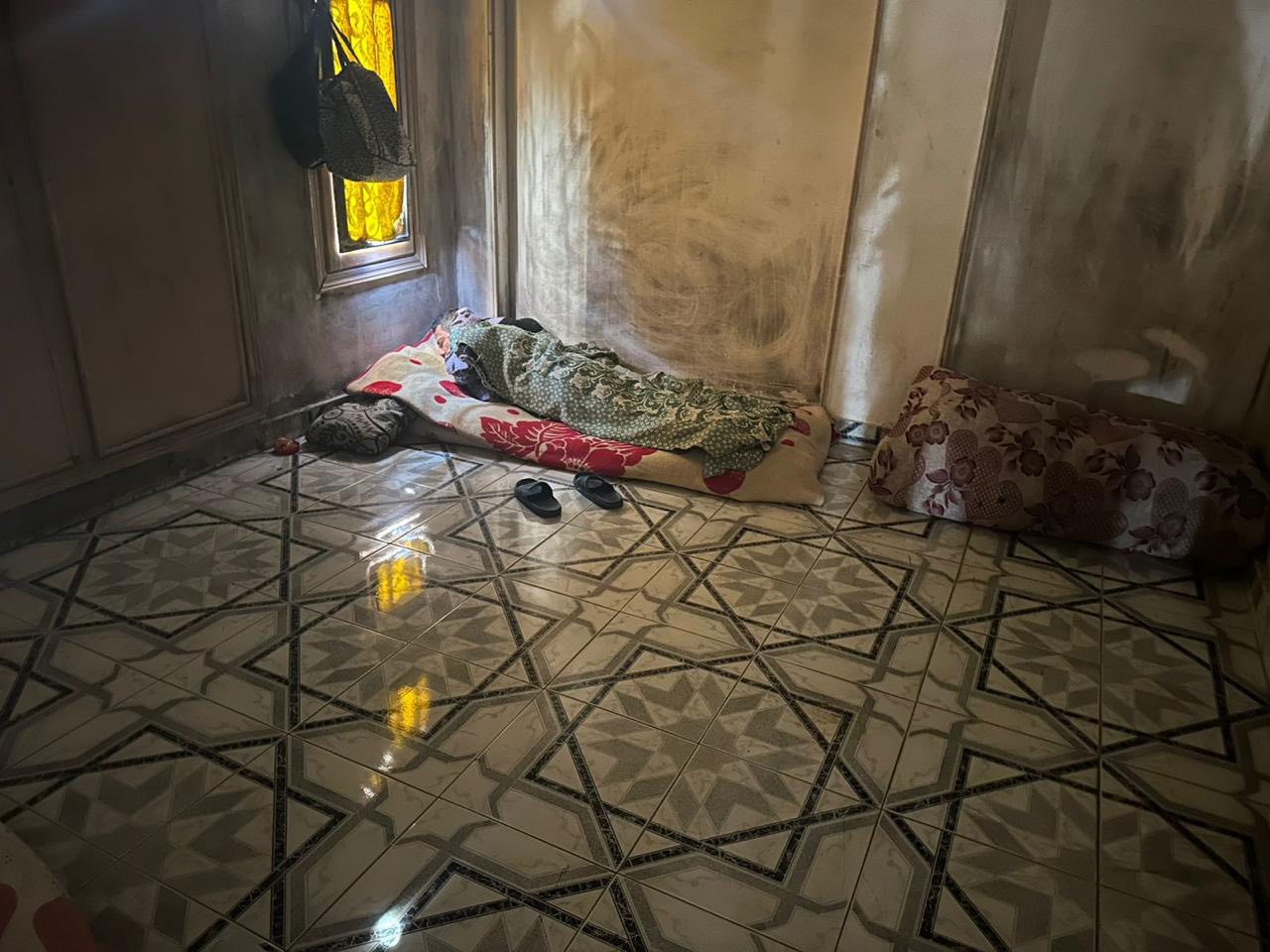Egypt has launched its “Green Rooftop” programme, financed by the Scientific Research Academy, in an initiative to mitigate air quality problems and help with energy conservation.
The programme, recommended by the United Nations’ Framework Convention on Climate Change (FCCC), involves either completely or partially covering building roofs with vegetation.
For now, the initiative has been implemented on top of both the Education and the Scientific Ministries. The project is currently in its experimental stage, and it aims to be generalised to all government utilities and houses.
The Scientific Research Academy has already planted summer vegetables, such as tomatoes, aubergine and – Egypt’s favourite – molokhia. For the winter, it will plant lettuce, cabbage and other seasonally appropriate crops.
As well as being economically productive, the project is environmentally beneficial, with the planted crops being produced without any chemicals.
The project will also adopt a closed irrigation system, where water irrigates the vegetables and then is re-pumped, avoiding waste.
The implementation of a green roof project such as this has been pushed by the United Nations’ FCCC, which argues that – like any large urban location – Egypt suffers from particularly bad air quality due to high pollution levels. Green roof technology can not only increase biodiversity, but help to reduce airborne particulate matter.







Comments (8)
don’t get me wrong…I think its a fabulous idea, just so not practical or realistic. Pollution is insane, few rooftops have space or weight capacity for gardens, not to mention rooftop access, who in a building is actually responsible, and a myriad of other issues…not the least of which, I can’t get a decent gardener for a ground floor space; what gardener is going to go to a roof-top?
Very good. Instead of putting all the garbage on the roof put some green and the view from other windows will be much nicer 🙂